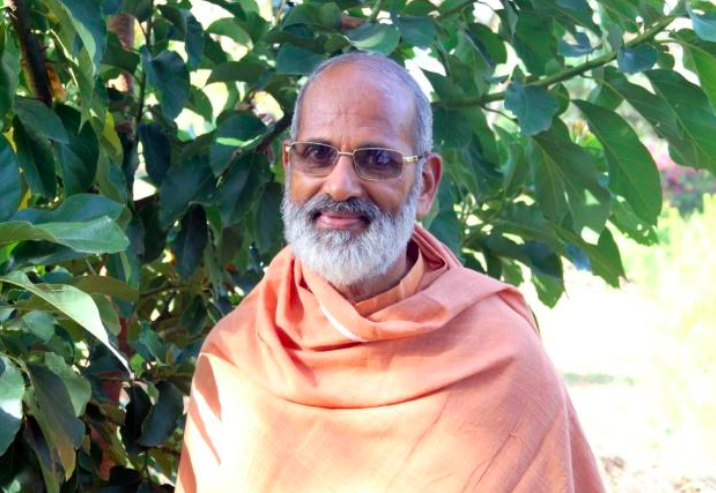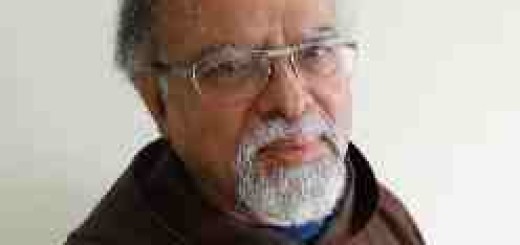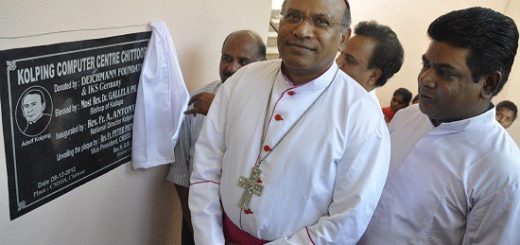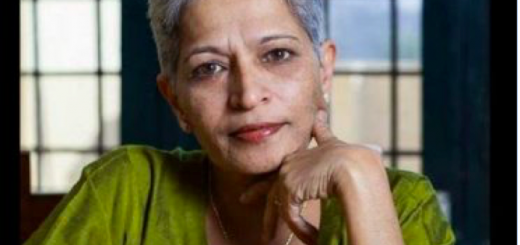Second Christian Reformation – Acharya Sachidananda Bharathi (Swami Sachidananda Bharathi )

‘Christianity’ is a world religion that professes faith in a God of infinite love, mercy, compassion and forgiveness as revealed to humankind by Lord Jesus Christ. Faith in this one true God and a living and loving relationship with Lord Jesus Christ who is the ‘Son of this living God’ (Mt 16: 16) constitute the source of eternal life ( Jn 17: 3).
Lord Jesus Christ the Divine Master invited his disciples to have faith in the one true God who is the ‘Heavenly Parent’ of all humankind and in himself who is ‘sent’ by this God ( Jn 14: 1). He is the light of the world (Jn 8: 12) and ‘the way, the truth and the life’ in humanity’s quest for God (Jn 14: 6) and for the meaning and purpose of life in this world and thereafter.
Christianity as a world religion and the many denominational Christian Churches in the world constituting the ‘Christendom’ today are only the various expressions of this Christian faith bound with space and time, and with different languages, cultures and traditions of humankind.
-
First Christian Reformation
The first Christian Reformation was initiated by Martin Luther in 16th century when the Church was steeped in immorality, greed for money, abuse of power, priestly domination, superstitions and exploitation of the laity. Martin Luther challenged the Church on many of its teachings drawing his strength from the ‘Word of God’. ‘Return to Bible’ was the slogan and source of this first Christian Reformation. ‘Protestantism’ and ‘Protestant Churches’ have their origin in this Reformation Movement initiated by Martin Luther that is also referred to as ‘European Reformation Movement’. Christianity was intellectualized and rationalized through this first Reformation Movement.
Western civilization and industrial development have been greatly influenced and molded by this first Christian Reformation. With the growth of European colonialism, both Catholicism and Protestantism also spread to all other parts of the world. As a result, Christianity today has become ‘Christendom’ consisting of many denominational Churches spread all over the world. The Roman Catholic Church continues to remain the oldest and largest of these denominational Churches within the Christendom.
-
Second Christian Reformation
The time appears to be ripe for another Reformation Movement. This ‘Second Reformation Movement’ has to involve all denominational Churches of the Christendom. Of course, it has to begin with and from the Catholic Church.
Most of the Christian Churches in the world today seem to have lost their spiritual vitality and moral strength. The Roman Catholic Church appears to be very much burdened with sexual immorality and financial scandals. Consumerism and materialism have crept into almost all Churches, more so into the Roman Catholic Church. Money, power and pleasure are controlling the Church leaders in the modern world. There are also many conflicts, even violent conflicts, among the various Christian Churches based on these temporal issues.
-
A return to Christ
The Second Reformation Movement will have to be based on Christ and his cross. It has to begin from India with the Indian Church. India is the only country in human history to win its political freedom following the path of the cross. ‘Satyagraha’ of Mahatma Gandhi was nothing but a practical application of the cross of Christ in a socio-political struggle.
‘Return to Christ’ will have to be the source and motto of the Second Reformation Movement. This will also lead to unity and cooperation among the various denominational Churches in the world. Christian faith will regain its pristine glory enriched by the spiritual treasures of India. It will acquire an ‘Indian face’.
The European Reformation Movement intellectualized and rationalized the Christian faith. But the Indian Reformation Movement will have to spiritualize and vitalize the Christian faith with the power and wisdom of God in Christ and his cross. This will be India’s contribution to the Christian faith.
-
Kerala – ‘Dharmakshetra & Kurukshetra’ of Second Christian Reformation
Kerala, the cradle of Christianity in India, is a living example of the spiritual apathy and moral decay that have afflicted the Christian Churches in the modern world. This small yet most literate and politically conscious state in India houses the headquarters of many denominational Churches in India. Hence, the Second Christian Reformation Movement will have to begin with the Christian Churches in Kerala.
Among the various Christian Churches in this cradle of Christianity, the Syro-Malabar Church appears to be in a greater need for the Second Reformation. Will the disciples of Christ in Kerala have the courage and creative dynamism of the Holy Spirit to bring about such a Second Christian Reformation?
The Lord has sent out 72 disciples to prepare the grounds for him (Lk 10: 1). Can there be a ‘Spiritual Task Force’ of 72 disciples of Lord Jesus Christ in India who can take up this divine mission of the millennium?
Acharya John Sachidanand is a former Indian Air Force Squadron Leader turned disciple of Lord Jesus Christ after an encounter with death in an air accident and the subsequent encounters with the living Spirit of Christ. He quit the Air Force to devote himself to become a promoter of peace and reconciliation in the multi-religious context of India.

















Even after more than 2000 years, Vatican II and all the Theological treatises of Himalayan heights, the Catholic Church has not been successful in unravelling the Mystery of the Holy Trinity. As it is highly allergic to the Revelation of its operations, especially financial and temporal goods (huge assets), it continues to take shelter behind the shroud of mysteries.
Yes, a second reformation is due. But such a reformation must deal with the vexed concept of Trinity. The Swamji struck the right note in referring to John 17.3. Equally powerful but completely ignored verse is John 20:16 wherein the risen Lord is seen instructing Mary (not his earthly mother). "Do not cling to me, you see I have not yet ascended to the Father. But go to my brothers and say to them: I am ascending to my Father, who is your Father, to my God, who is our God". Jesus was making, it very clear in no uncertain terms that he was not God and that both he and the disciples (hence by default us as well) have the same Father and same God. As for the identity of Holy Spirit, Jesus himself had indicated that the Holy Spirit is the spirit of the Father when he , in Mathew 10.20 had said, "For it is not you who will speak: but the spirit of your Father in your". The same concept in carried through in Acts 2 : 14-33. Another major issue to be settled is the status of Mother Mary and other Saints. They played their parts but the reality is that they have no bearing, other than being humans intimately connected with the Christian history, on the faith taught by Jesus. All these and more are going to be very hard for Catholics to come to terms with. but it has to be done.